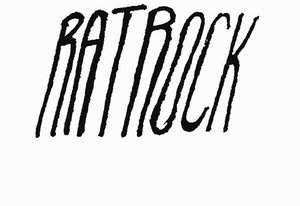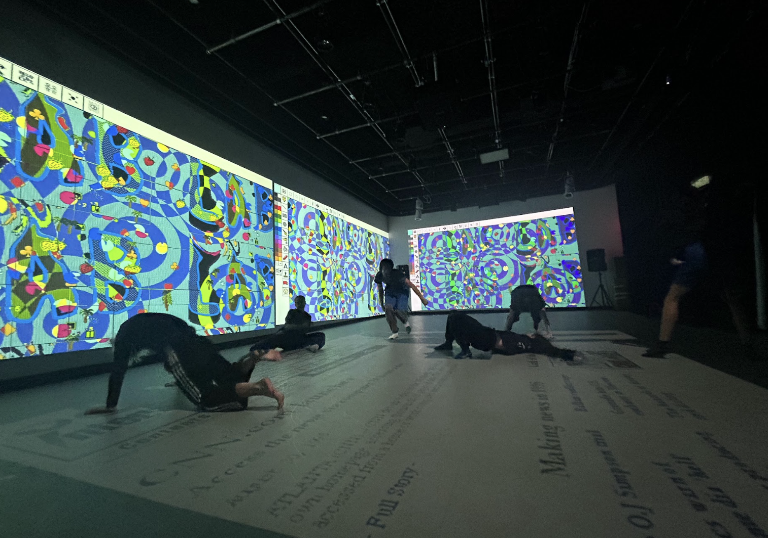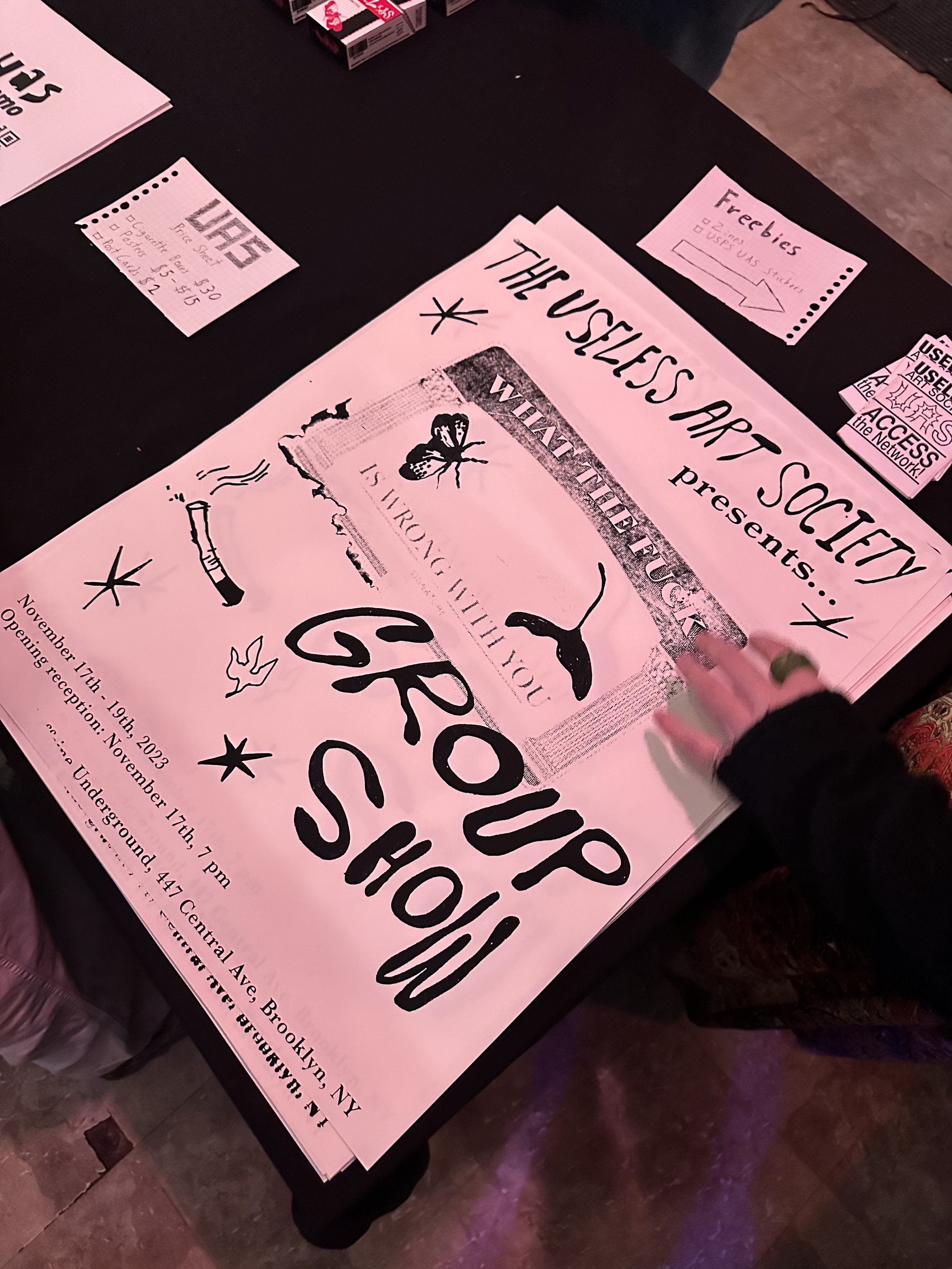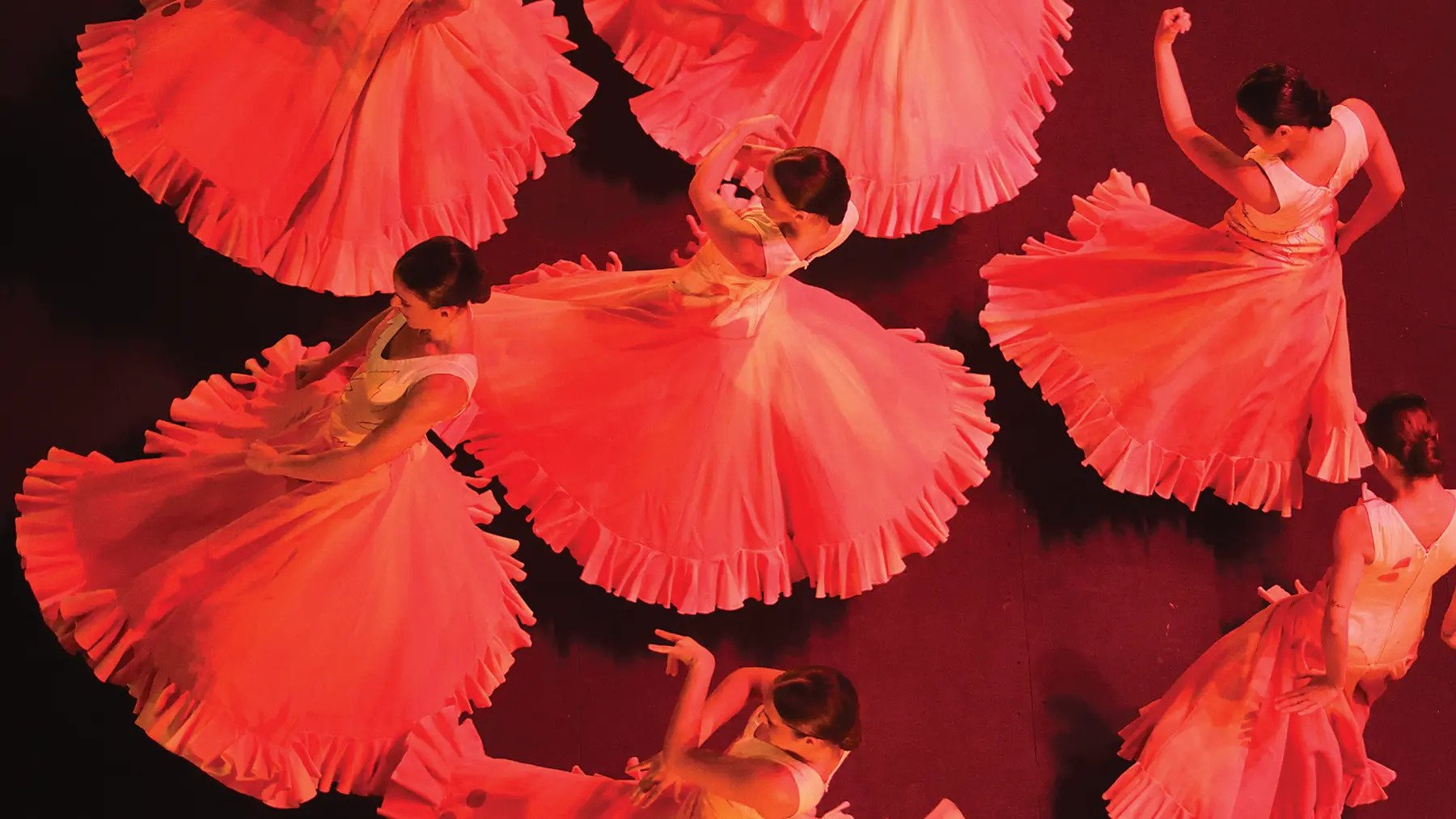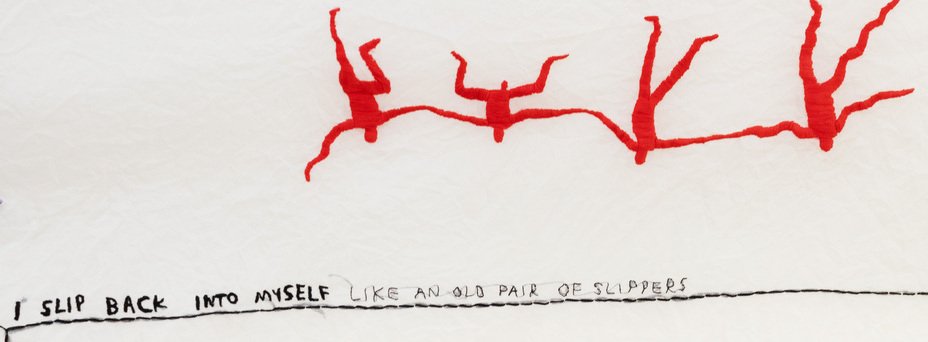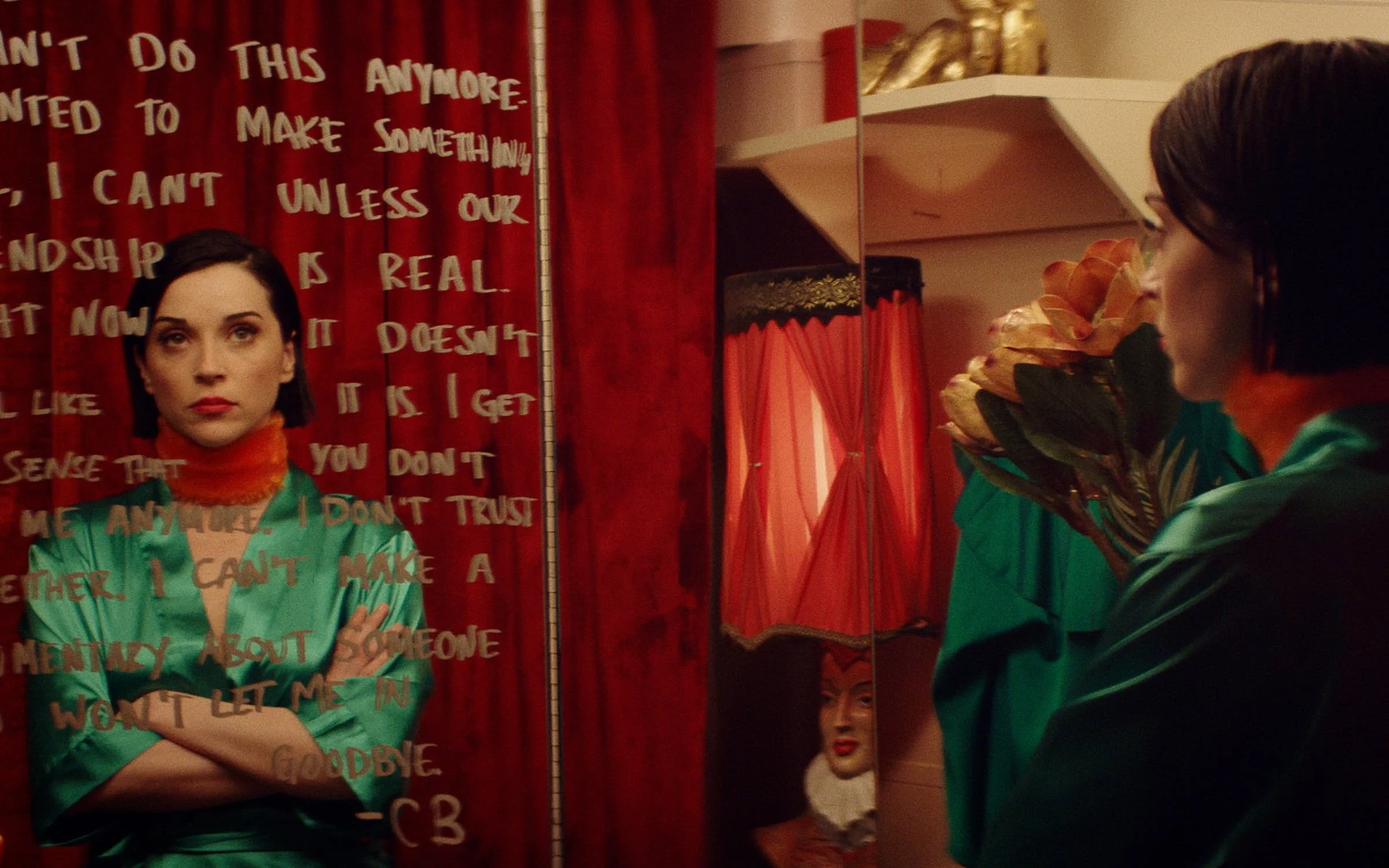Written by Sadie Hornung-Scherr
I was raised distinctly un-religious. There were no Sunday services, Bible studies, or youth groups for me and my brothers. We scoffed at organized religion and squirmed at any sort of holiday prayer. However, my secular upbringing was a sharp contrast to the world in which I grew up in. Rural Nebraska is steeped in religiosity and Christian value systems. I saw it in the prayers before football games, the veiled requests from teachers to find God, and the many attempts from my friends to get me to go to church. It never worked. I was righteously atheist, refuting even the smallest amount of religious truth. To me, religion inhibited progress and made fools of humanity. Then, I found the music of Tyler Childers, the Americana artist who was born again as a Gospel singer.
Raised Southern Baptist, Childers is a Kentucky born bluegrass artist who writes songs about rural American culture. When Childers first entered the country music scene in 2013, his work was a study of the cycles of addiction that grip Appalachia, and he has been open about his own struggles with drug and alcohol abuse. However, Childers' most recent album, “Can I Take My Hound to Heaven?”, is a complete 180 from his previous work as the album was written after Childers' sobriety. “Can I Take My Hounds to Heaven?” is a gospel album. On a song called “Universal Sound” from his early album Purgatory, Childers croons about moonshine, tobacco, and vice. On another early single “Nose to the Grindstone”, Childers relays the advice his father gave him to “keep your nose to the grindstone and out of the pills.” Childers later laments, saying, “Well, Daddy, I’ve been tryin’, I just can’t catch a break. There’s so much in this world I can’t seem to shake.” Childers’ newest album still references addiction and poverty, but now celebrates the other side of addiction, while still accepting the mistakes of his youth. On “Two Coats”, track 3 on “Can I Take My Hounds to Heaven?” Childers says, “Two coats laid before me, an old and the new and I could have either of them 'less I do. One coat was ugly and terribly torn. The other, a new one and never been worn.” In this, Childers references Genesis 37:3, in which Joseph receives a coat of many colors from his father. This story has a long history in Appalachia. Indeed, Tennessean Dolly Parton sings about Joseph in “Coat of Many Colors.” For rural people, Joseph’s coat represents the thrift, grit, and humility that is uniquely definitive of Appalachia--the ability to make something beautiful out of nothing. In this context, Childers extols the baptismal nature of Christianity, the chance to be good again. Despite the poverty and addiction Childers has struggled with growing up in Appalachia, the church represents repentance and renewal. For communities that are systematically oppressed by drugs, poor education, and little upward mobility, “Can I Take My Hounds to Heaven?” represents a celebration of a dying culture. Childers unashamedly displays pride for his upbringing while maintaining that progress can happen within our culture and on our own terms. For communities that have long been defined by outsiders, the ability to control our own futures, outside of coal or pharmaceutical companies, is extremely appealing.
Presented in three acts, the Hallelujah, Jubilee, and Joyful Noise versions take the same eight tracks and put their own spins on the music. Childers himself has said the three versions represent the three parts of the trinity. In an interview with Silas House, Childer says, “Working with the same song three different ways is a nod to my raising, growing up in a free will Baptist church that believes in the Holy Trinity of the father, the son, and the holy ghost and what that means.” The Hallelujah version is classic little-white-church gospel one would hear at a Sunday service. Childers says it represents the Father: the basis and tradition from which the other two versions grow. The Jubilee version is more expansive, with background vocals and additional instrumentation. In this metaphor, it is the Son, representative of forgiveness and absolution. Jubilee is the act of growth and homecoming. Finally, the Joyful Noise version is the experimental version, ethereal and ambiguous, the Holy Ghost. Joyful Noise represents the future. It takes gospel where it hasn’t been before with less lyrics, beats where there was previously banjo, and sampled sermons; country music doesn’t have to live in a box of repetitive chords and stale lyrics. The Joyful Noise version of “Way of the Triune God”, starts with a sampled lecture on soliloquy before a New Orleans street band rises and crescendos as if they’re approaching the gates of heaven in joyful revelation.
The two standout tracks on the album are “Way of the Triune God: Hallelujah Version” and “Angel Band: Hallelujah Version”. In “Way of the Triune God,” Childers extols the community, salvation, and homecoming of organized religion: “Gimme that old time screamin' and a-shoutin'. Go up, tell it on the mountain. Faith too strong to be left doubtin'.” Here, Childers references the ebullient joy that Appalachia has found in Jesus. In rural communities where people live mostly solitary lives with little social interaction, church represents the gathering of community to celebrate a shared culture. Additionally, Childers celebrates the eminence of the land in the rural psyche. He describes that the land, as a concept, exists in the rural imagination in the same way the subway exists in New York. It is omnipresent. Our livelihoods, our cultural heritage, and our sustenance all exist in the land. In Appalachia, the hollers and hills represent their rich history, from the Hatfield & McCoys to the coal towns of the 20th century. On the same track, Childers makes direct reference to his past struggles with addiction, reminding us of the hope that exists in Christian repentance: “I don't need the pills you take just to feel the spirit movin'. Brother, I ain't slept in days all without the drugs you're usin’.” Childers is saying that the fulfillment middle America has found in opioids and alcohol can be found in our culture-–the land, the country choirs, and the gospel. You may think Childers is speaking just to Appalachians, but in “Angel Band,” Childers says that God, and the forgiveness of religion, in whatever form, is for everyone: “There’s Hindus, Jews, and Muslims. And Baptists of all kinds. Catholic girls and Amish boys who’ve left their plows behind.” Although reductionist in his analysis of the religious disputes of the world, the point remains: there are second chances for everyone.
These facts are what make “Can I Take My Hounds to Heaven?” such a masterpiece. In one album, Childers departs from the pervasive and destructive ideals that limit Middle America, experiments with new methods of exploration, and claims that Appalachia needs progress while still celebrating his culture. In “Old Country Church” Childers ponders in fond remembrance the sinless freedom of his youth in the church, “As a small country boy how my heart beat with joy when I knelt in the old country church. And the savior above by his wonderful love saved my soul in the old country church.” Childers communicates in a familiar rural medium, displaying pride in his upbringing. In the lyric video for “Way of the Triune God: Jubilee Version”, Childers uses old home videos to display the ecstatic joy of religion in Appalachia. Parades, baptisms, dancing, and gospel choirs all celebrate the promise of Good Times ahead.
As a country artist, Childers shows a unique understanding of how country music has changed. Childers accepts that progress is needed in Appalachia while maintaining that change must come from within the culture. Childers critiques the ideals that have kept Appalachia stagnant on debut EP “Bottles and Bibles.” On “Hard Times”, Childers says, “My sweat and my wages they don't seem to weigh out. I'm gettin' more aches than I'm gainin' in gold. Whoever said you could raise you a family just a'workin' your ass off knee deep in coal?.” Childers, whose father was a coal miner, knows that deep societal advancements are necessary to the survival of Appalachian culture, yet mainstream country music aims to maintain destructive ideals in the name of outdated cultures of racism and homophobia. Country artist Morgan Wallen, who came under fire in early 2021 for his use of racial slurs, uses the prototypical country themes of trucks, cold beers, and blonde women to limit what rural American culture can be. For Wallen, propagating cultures of victimhood maintains the fear necessary for his work to thrive. Wallen’s work is indicative of growing anger within country music towards liberal ideals. Childers, on the other hand, challenges our idea of what Jesus looked like: “Just took a walk with Jesus. Just touched His nail-scarred hands. Didn't even bother her that He ain't a blue-eyed man.” Additionally, on his fifth album, “Long Violent History”, Childers talks about the inherent privilege he enjoys as a white man in the wake of the murder of George Floyd. On the title track, Childers says, “It's called me belligеrent, it's took me for ignorant but it ain't never once made me scared just to be. Could you imagine just constantly worryin'? Kickin' and fightin', beggin' to breathe?” In the theme of second chances, Childers asserts that there was a second chance in him reconciling racism with his own privilege.
I am a girl from a hick town in Nebraska who has often struggled with the expectations placed upon me by my upbringing. Since moving to New York, I have oscillated between completely embracing the redneck allegations or repudiating all traces of rural culture left in me. Childers' music taught me that it’s okay to live with both. I can critique rural America while still celebrating the unique and dying culture of my family. I can question religion while still reveling in the banjos and country crooners I was raised on. I can celebrate the beauty of religion in rural America–the gospel choirs, the love of the land, and progress that slowly but steadily marches on.
